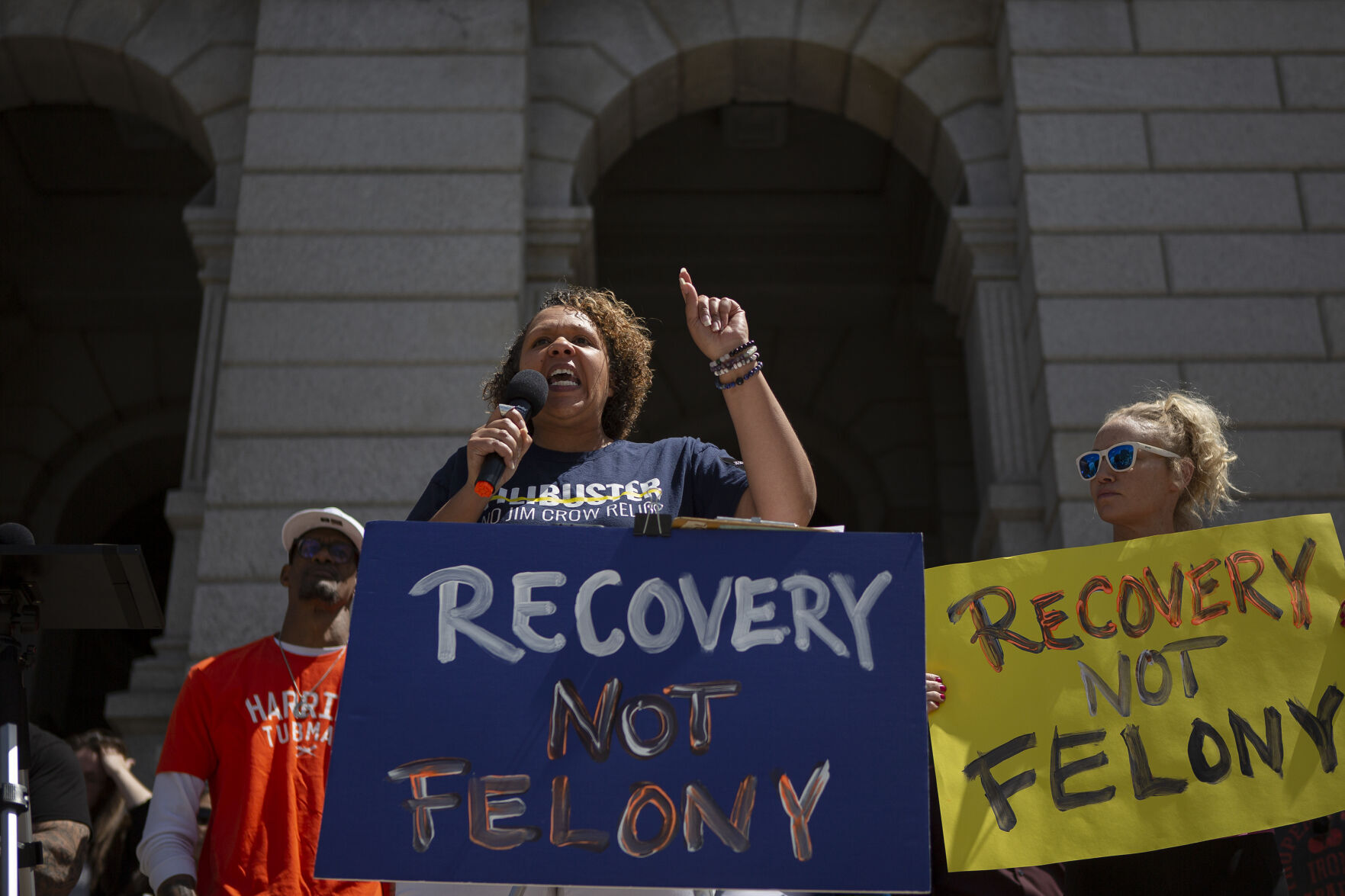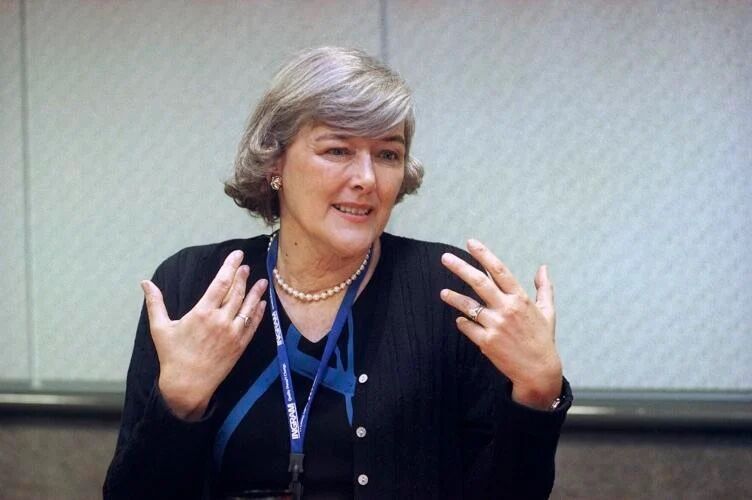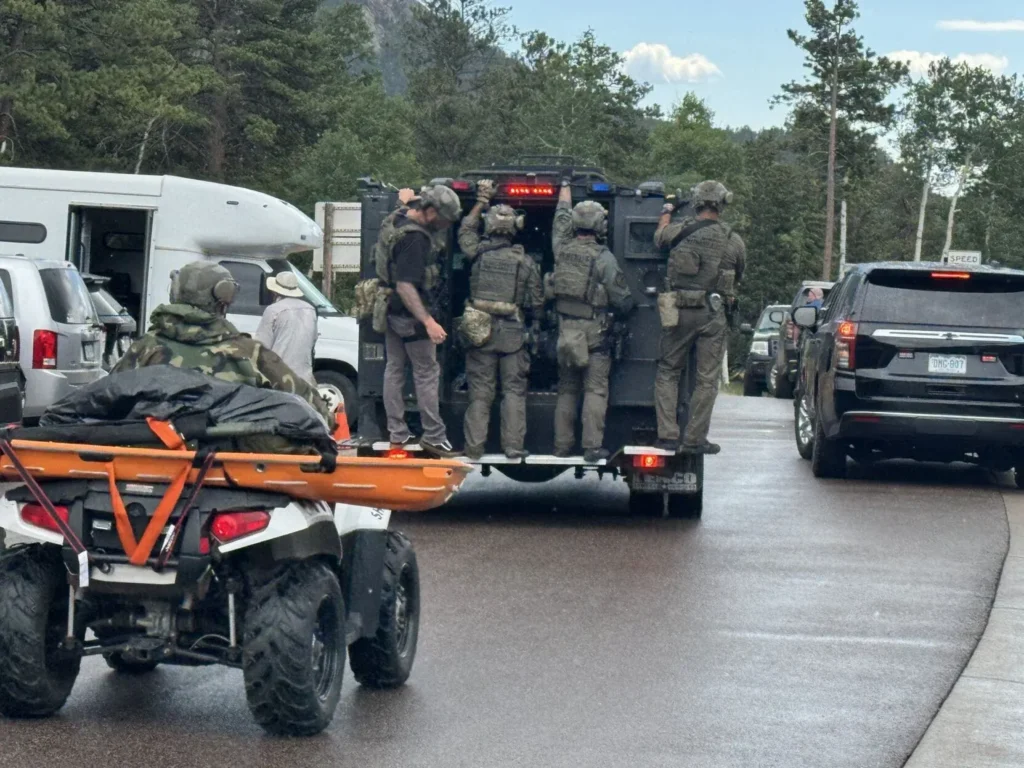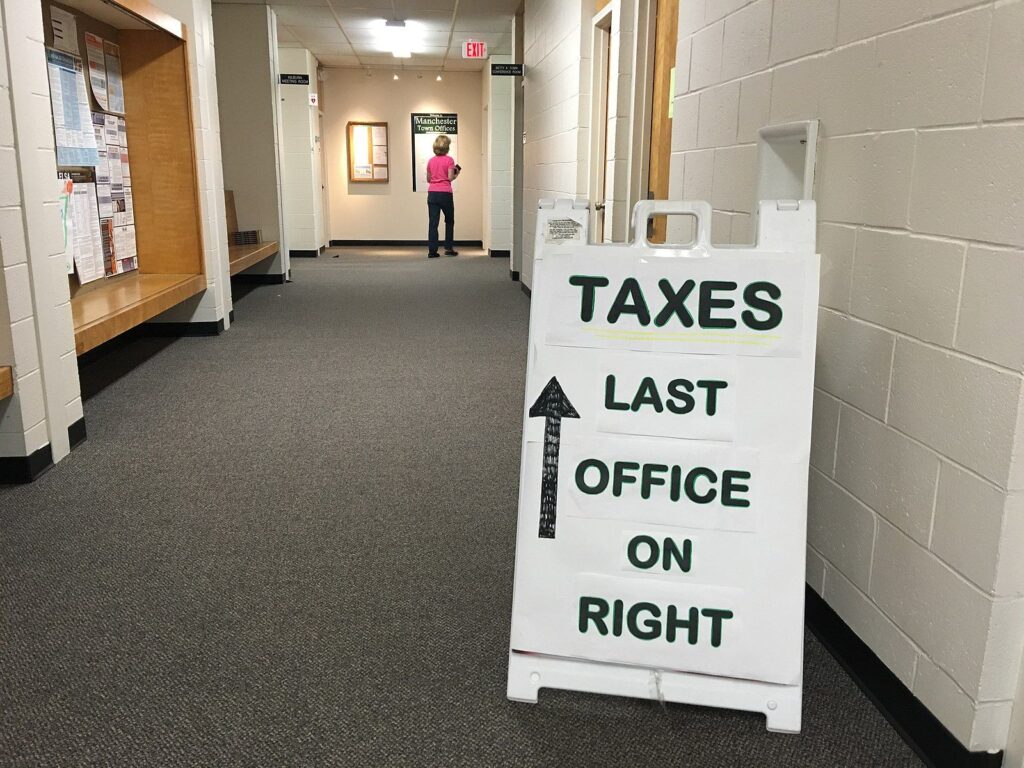Supporters of public health approach to fentanyl crisis rally outside Capitol

Dozens of supporters gathered outside the Colorado Capitol on Tuesday to advocate for a treatment-centered approach to the state’s fentanyl crisis, while criticizing any effort to tighten criminal penalties that would lead to further incarceration of drug users.
Speakers, including Reps. Leslie Herod and Julie Gonzales, castigated what they described as the dominant narrative around incarceration and fentanyl as being driven in part by the upcoming 2022 election and the desire to score, in Gonzales’s telling, “cheap political points.” They also criticized efforts by many lawmakers to make it a felony to possess any amount of fentanyl in any substance and instead called on money and energy to be spent on treatment services.
Even as Herod, Gonzales and others outlined their arguments, advocates for harsher penalties prepared to press their case, insisting the only sensible response to the crisis is to match fentanyl’s deadly wake with zero tolerance for possessing the drug. The debate has drawn a sharp division not only between law enforcement officials and harm reduction advocates, but also among Democrats, whose caucus is split on the issue.
“The fundamental question on the table right now, ladies and gentlemen, is how do we respond to this crisis?” Justin Cooper, the deputy director of the Colorado Criminal Justice Reform Coalition, asked the crowd who had gathered at the west steps of the Capitol. “History has taught us through the failed drug war, that the predominant – the dominant – criminal justice response to these public health crises has not lifted us out of the crisis.”
The rally began at noon Tuesday, two hours before the Senate Judiciary Committee was set to hear testimony about the legislature’s proposal to address the fentanyl crisis, which has killed an increasing number of Coloradans in recent years. The bill, which the House passed on Monday, would tighten criminal penalties for distribution of the drug, with additional penalties for sellers whose pills had led to someone’s death.
The measure also includes tens of millions to support the purchase of Naloxone and fentanyl test strips; requires a statewide education campaign about the drug; increases emphasis on a key treatment modality in jails; and, mandates treatment for certain offenders.
For law enforcement, Gov. Jared Polis and others, fentanyl – a substance far stronger than heroin or morphine – is too dangerous, and possessing it should carry the weight of a felony charge. While those groups and officials have called for a response that includes harm reduction efforts, they’ve stressed that a criminal justice approach is paramount.
Via a spokesman, Polis told Colorado Politics on Tuesday that the crisis “demands a robust,” multipronged response, and he reiterated that because fentanyl is “extremely deadly,” possessing it should be met with “tougher penalties.”
“This challenge demands a robust public health approach that will address the root causes, educate the public, get deadly fentanyl dealers off the streets, and keep people alive,” the Governor’s Office said. “Fentanyl is extremely deadly and Governor Polis continues to support tougher penalties for possession which he called for in his state of the state address and continues to urge the legislature to get a comprehensive bill to his desk addressing this crisis, including making testing strips more available, increasing drug addiction treatment, and harsher criminal penalties for possessions and especially for dealing. He has said the science and data around each drug has to be examined to come up with the appropriate public policy framework that promotes public safety.”
Harm reduction and public health officials had expressed mixed feelings about the bill when first introduced. But their opinion has collectively turned sour in the weeks since. The House Judiciary Committee last month amended the bill to make it a felony to possess more than a gram of any substance containing fentanyl.
That move has been described by some as a middle path between two diametrically opposed positions: those in law enforcement and some lawmakers, who want it to be a felony to possess any amount of fentanyl, and other lawmakers and public health officials, who have decried any tighter criminal penalties on simple possession.
Tuesday’s rally centered on that dichotomy as state senators prepared to have their first crack at the measure. Roughly 30 people crowded the steps in front of a crowd that eventually grew to more than 50, many holding signs calling for an end to the drug war and better support for treatment. One placard called on legislators to either “fix or nix” the bill.
None of the speakers questioned the dangers of fentanyl, which was involved in roughly 900 fatal overdoses in Colorado last year. But they bluntly asked why the response to the crisis is focused on incarceration, not treatment. They repeatedly referenced the War on Drugs and the effects it had on communities of color.
Gonzales said the narrative around fentanyl felt dystopian.
Herod quoted John Ehrlichman, an aide to President Richard Nixon, who had told a reporter that the War on Drugs launched by Nixon was focused on incarcerating and disrupting Black communities.
Thomas Hernandez, the founder of Tribe Recovery Homes and a former drug user, said he had been incarcerated three times before deciding to get clean. He emphasized that he had to decide for himself.
“This is a together thing,” he said, and wouldn’t be solved “by someone with their crusader cape.”
People convicted of felonies, he continued, “can’t get an apartment, they can’t get a job, they can’t get an education.”
During the debate in the House last week, Rep. Rod Bockenfeld said he was tired of hearing stories about the “poor drug user.” On Tuesday, Rep. Serena Gonzales-Gutierrez called out disparaging comments about people with substance-use disorders.
“Those drug users are somebody’s mother, they’re somebody’s father, their aunty, their uncle, their sister and their brother,” she said. “They are not dispensable.”













